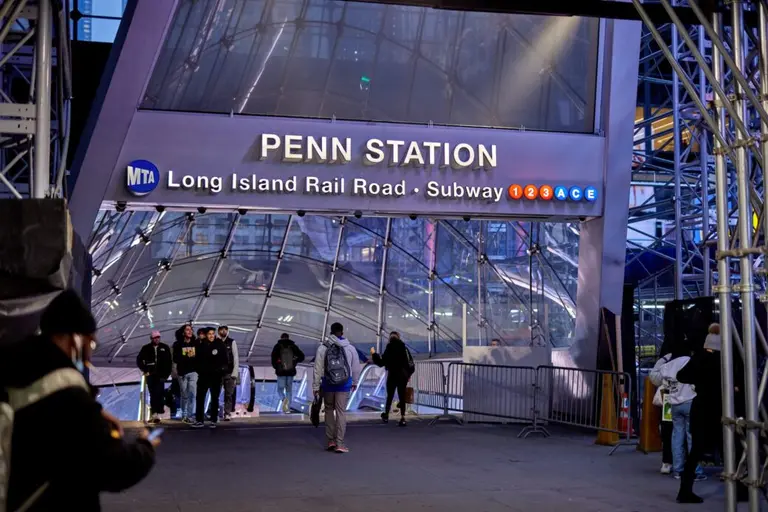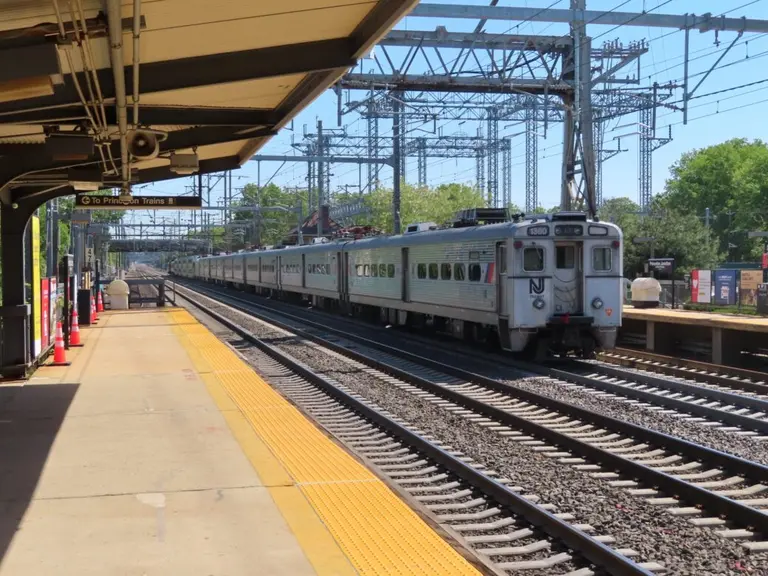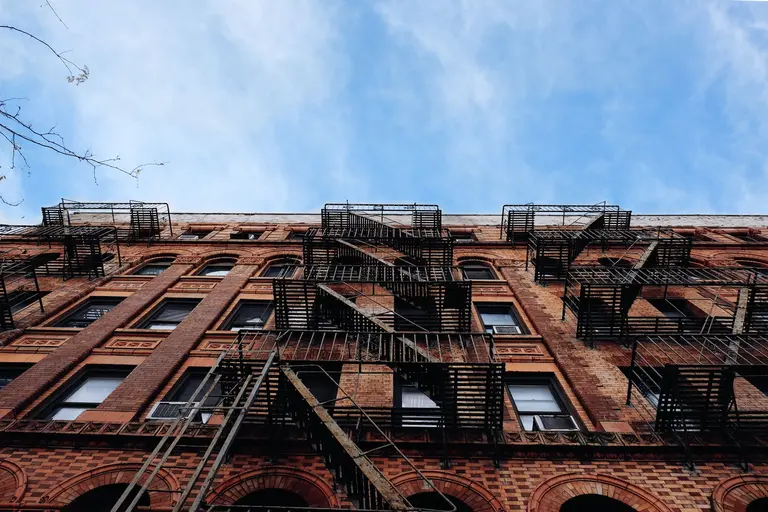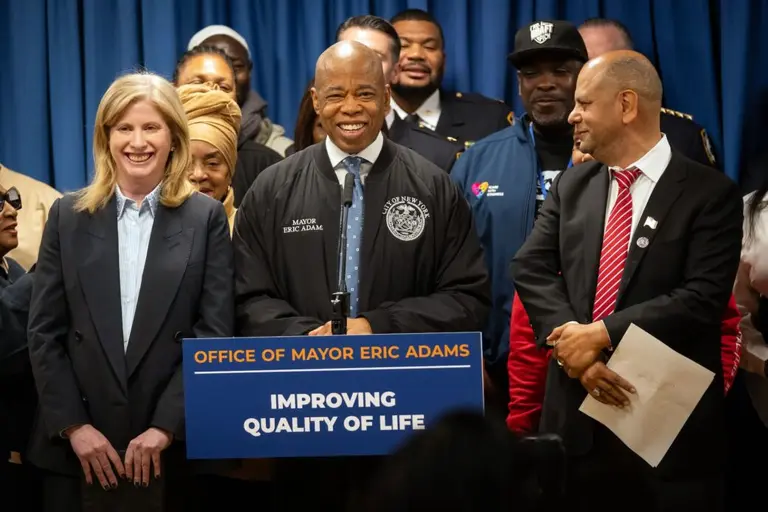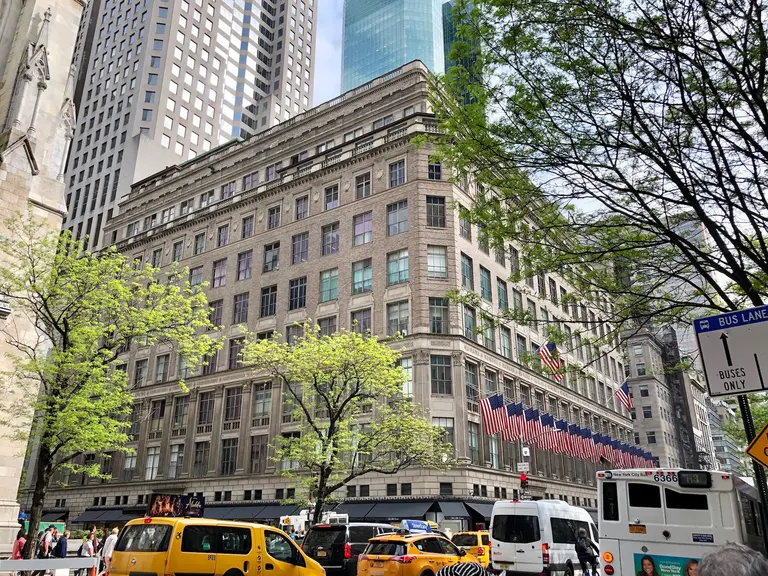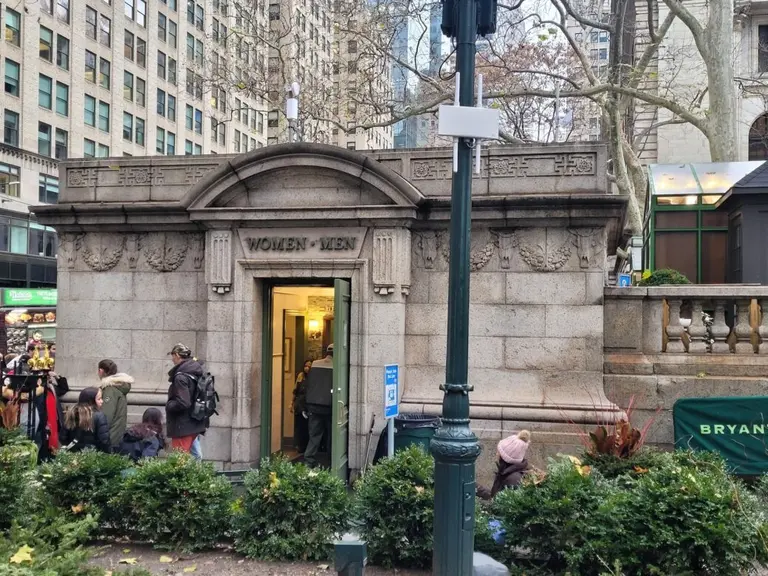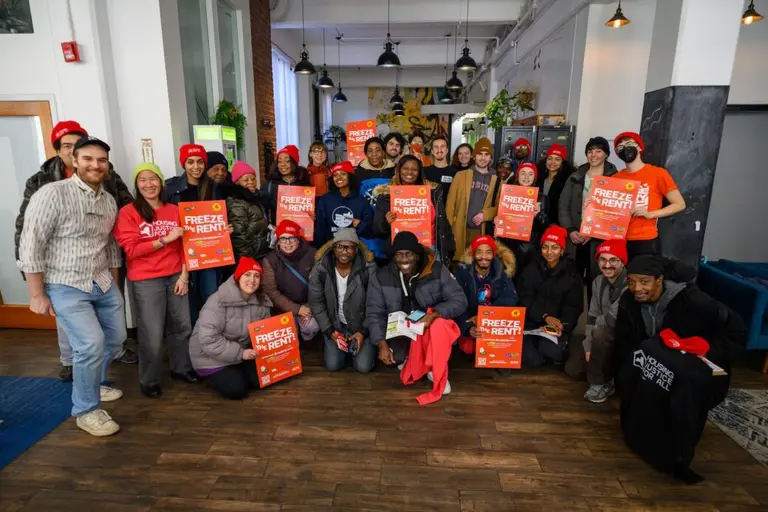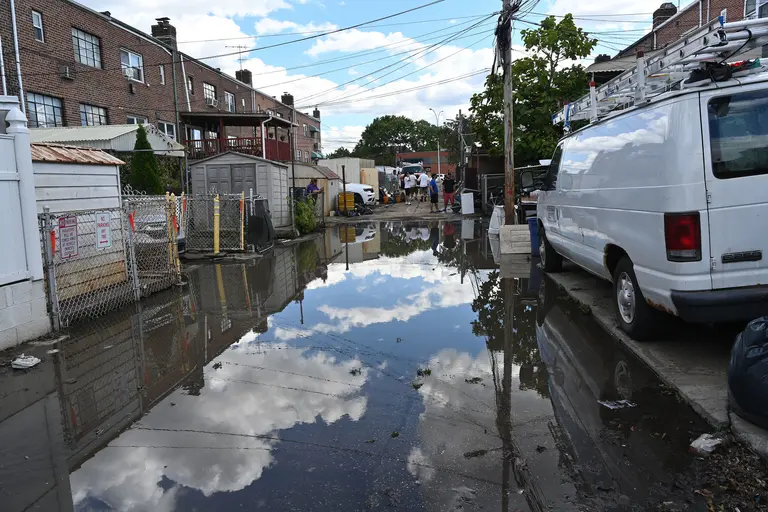NYC’s Open Streets program to be made permanent under new legislation
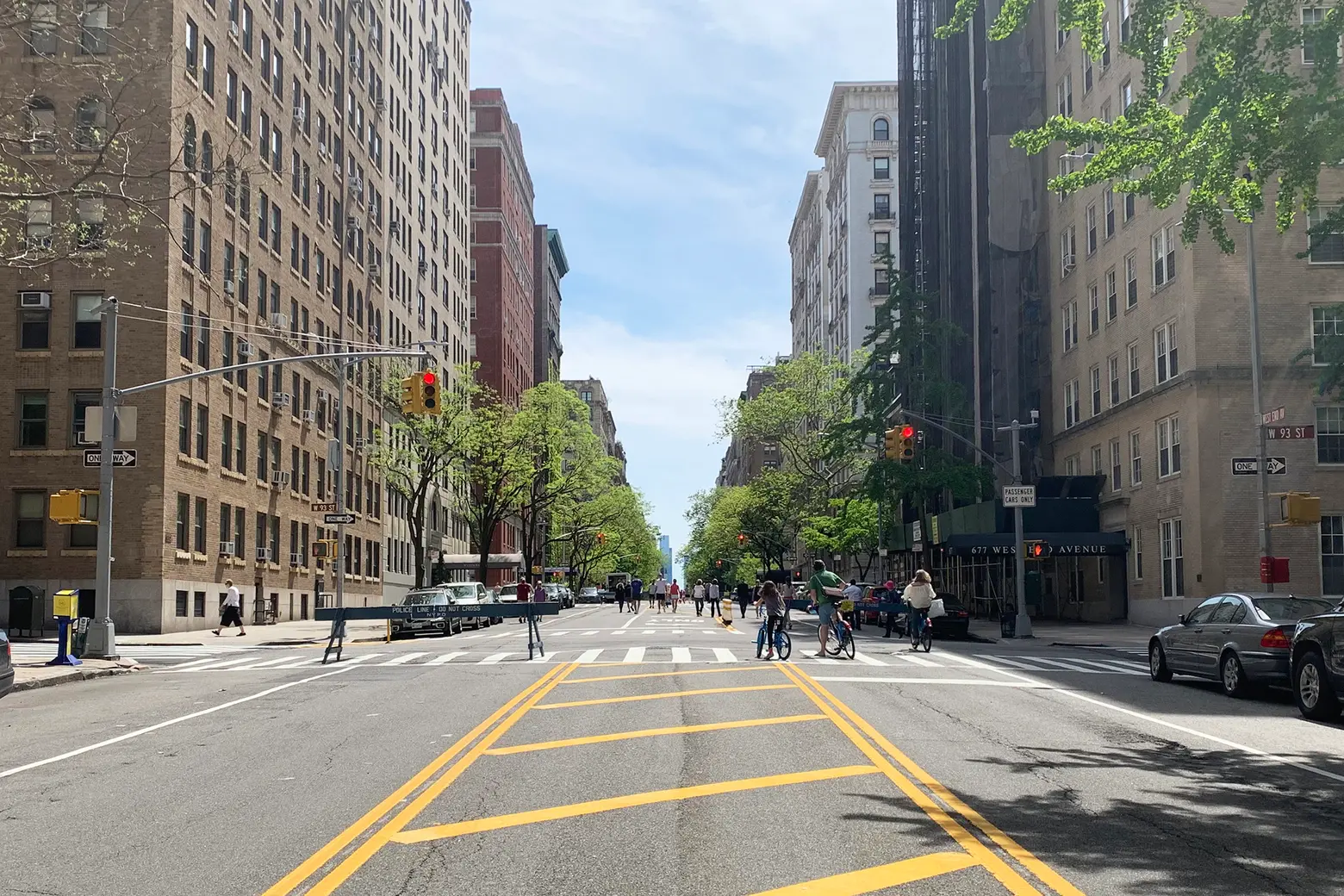
Photo looking south on open West End Avenue, taken by 6sqft on 5.16.20
The popular program that closed streets to cars for pedestrian use will be made permanent under legislation passed by the New York City Council on Thursday. The “Open Streets” initiative first launched last spring as a way to make social distancing easier and to reduce crowds at parks during the height of the coronavirus pandemic in the city. The bill, sponsored by Council Member Carlina Rivera, would provide some funding and resources to the largely volunteer-led program while ensuring the open streets are fairly allocated among communities.
“From Avenue B in my District, to 34th Avenue in Queens and Vanderbilt Avenue in Brooklyn, it’s clear that Open Streets aren’t just a solution to social distancing challenges posed by the pandemic – they are a successful model for pedestrian prioritization that have helped save local businesses, inspire entrepreneurs and performing artists, and connect us to our neighbors in a way that few City programs have before,” Rivera said in a statement.
“This is the kind of quick-build mentality we should be bringing to transportation and infrastructure projects across our City as we recover from the pandemic and build back a New York City that is green, resilient, and accessible to all.”
Since the program began in April 2020, 67 miles of streets have closed to cars citywide, short of the city’s original goal of 100 miles of open streets.
Last March, Mayor Bill de Blasio launched a “Safe Streets” pilot program that opened six blocks in four boroughs, which totaled about 1.6 miles of open streets. As 6sqft previously reported, the program was ended less than two weeks later by de Blasio who cited the overuse of NYPD as a problem. The mayor ultimately supported the legislation passed by the NYC Council, which would not require police, but instead using civic and block associations.
Regular New Yorkers have been the manpower behind the Open Streets program, with volunteers putting up and removing barriers, monitoring traffic, and organizing events. (Not an easy task, especially when you have a man in a counterfeit Amazon truck stealing the metal barriers and throwing them into Newtown Creek.)
In addition to mandating a dedicated city-run program, Rivera’s bill will create a process by which community groups could apply to operate an open street and “require that DOT manage or provide resources to at least 20 open streets sites in areas that would be otherwise underserved by the program.”
The law also requires DOT to “annually evaluate open streets to determine whether to apply further design changes, such as a conversion to a shared street or pedestrian plaza.” The agency would also be able to create open streets that operate 24/7.
The bill now moves to the desk of de Blasio, who is likely to sign it into law. As part of the city’s $98.6 billion budget unveiled this week, the mayor said $4 million would go towards funding “community support” for the Open Streets program. Last October, lawmakers voted to make outdoor dining permanent and year-round and lifted the ban on portable propane heaters.
“We also learned new ways of approaching our streetscape,” de Blasio said during a press briefing announcing the budget. “Here, we put the resources in place to keep those programs moving forward, to allow that beautiful re-imagining of our streets and to make sure that all communities can participate.”
RELATED:
